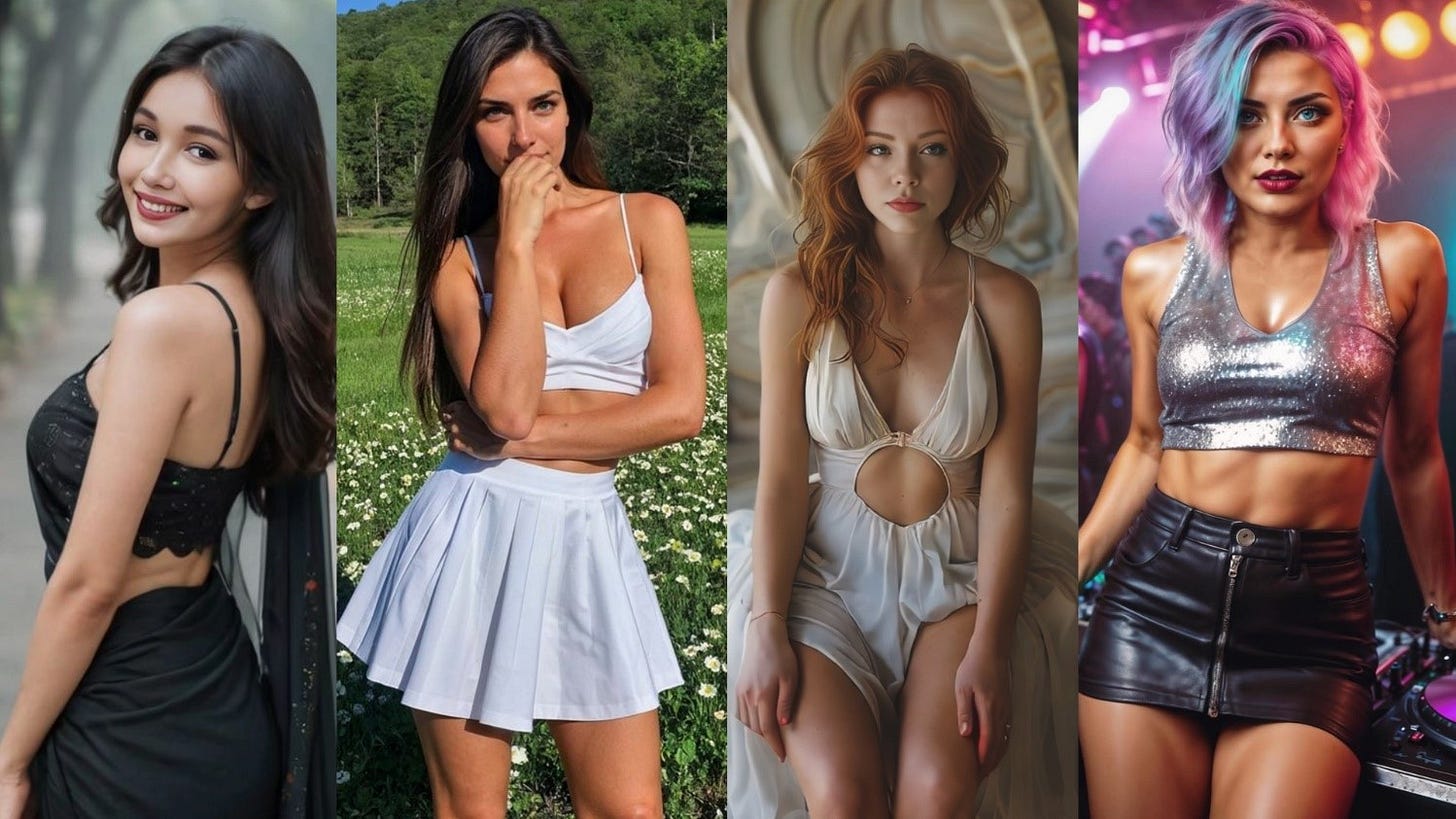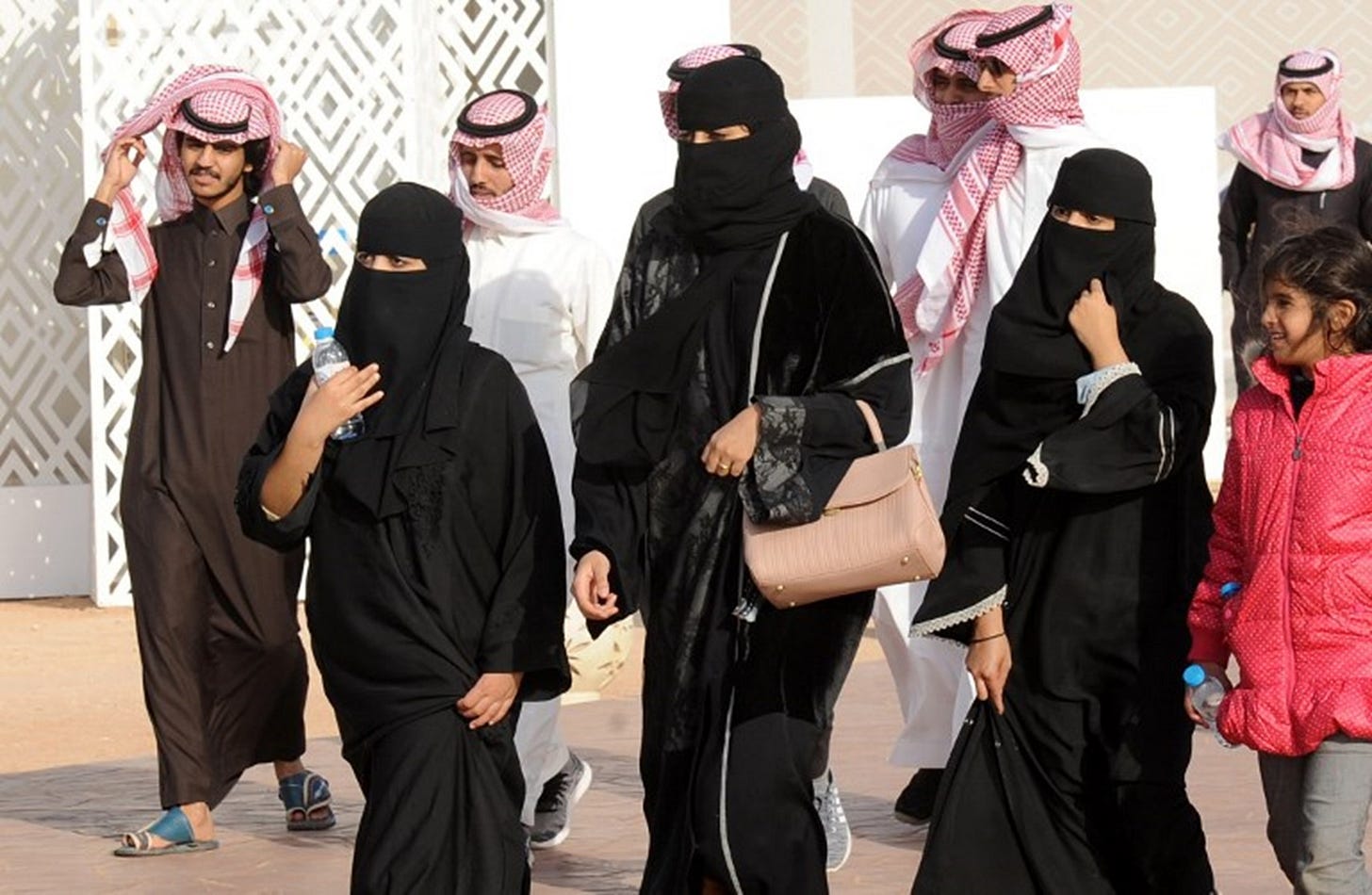By: Timothy F. Hamlett
Every journalist and PR flack knows that there are some topics which are bound to raise a storm, more or less whatever you say: abortion, Palestine, guns (in the US), the rights of women who used to be men to compete in professional sports, etc. So on the principle that all publicity is good publicity, there is always a temptation to push a hot button and enjoy the ensuing storm of abuse on the basis that at least they are talking about us, which brings us to the Fanview World AI Creator Awards, which sounds like an obscure event for computer industry geeks until you bill it as the first beauty pageant for AI models. Cue outrage. Mostly, I record it as an observed fact rather than a reason for disregarding it, female outrage.
On Firstpost, the presenter introduced it as a “dystopian nightmare” which the reporter said would involve “rating and ranking women, pushing impossible beauty standards, and upholding banal and demeaning traditions … that stand for abuse and misogyny.” The Guardian's Arwa Mahdawi said, “AI models take every toxic gendered beauty norm and bundle them up into a completely unrealistic package.” Therapist Ashley Moser said in Glamour.com, which tracks modeling matters seriously, that “Concern for the impact of beauty pageants on mental health has been well documented and includes poor self-esteem, negative body image, and disordered eating,”
Some observers were a bit bothered by the fact that Fanview has interests in the “adult” area, and surmised that AI models would soon be taking their virtual clothes off and engaging in salacious activities with virtual men. If indeed they are not doing this already.
People who track these things noted an upsurge of internet interest in the topic when the contest was first announced, and a further fillip when the organizers announced the top 10 finalists on June 3. Which is no doubt what they wanted.
There is a financial angle to all this. The winner will get US$8,000 but that is peanuts compared with the amounts that some AI models are already raking in as actors in commercials or as “influencers.” Influencing is a big business these days and it is claimed that more than half a million people already follow AI heroines.
One employer happily hailed his AI mouthpiece as “cheaper, more flexible, and doesn't talk back. You'll never see her turning up with a hangover.” The human beings behind AI influencers are supposed to tell you that the onscreen personality is a computer creation and they generally do … somewhere. There are apparently a lot of unobservant influencees out there.
The technical criticisms of the whole enterprise center round the fact that in order for AI to generate a model for you it has to be fed with a lot of pictures of women who are already models. So if you are not careful it will embody and reinforce existing stereotypes.
Some jaded observers complained that as a result of this, all the top 10 finalists looked the same: young, buxom, and thin. I have to say having spent part of my early journalism career covering local heats of the Miss Great Britain contest, that professional real-life pageant entrants also tend to look pretty similar, though not perhaps as thin as the AI creations, who all seem to have the sort of abs you only usually see on female athletes.
Looking at the numerous pictures of the contestants on the internet they don’t seem to be particularly buxom, possibly because none of them came from the US, where perceptions of female beauty are particularly top-heavy. Nobody is flat-chested, but nobody looks like the early Lara Croft either.
And considering the circumstances, they seem to be a reasonably diverse bunch. The entry from Morocco has a distinctly Middle Eastern look, the entry from India looks Indian, and the entry from Brazil is a person of color. The Turkish entry – red hair, green eyes – looks Irish, curiously.
Personally, I am more dubious about them having “interesting” backgrounds. Miss GB contestants in the old days were allowed to say they dreamed of being “happy and successful” and leave it at that. Beauty contests for real women now expect them to talk interestingly to repel the criticism that the whole thing is all about appearances, although it probably still is. But there is no reason why AI models should be decorated with an interest in the oceans (French entry) or LGBTQ issues (Miss Rainbow from Romania) worthy though all their simulated opinions on these matters may be.
Coming soon to a press release near you will be the final judging. This will be conducted by a jury comprising two real people and two AI robots. The mind boggles. Entrants will be judged on appearance, but also on the technical skill of their creators and the models' social success, which seems to mean how much money they are already making.
Anyway, if your view of all this tends to the “dystopian nightmare” end of the spectrum, do not worry too much because AI beauty pageants will never catch on. Beauty pageants are popular with organizers and sponsors because they provide an opportunity for rich men of a certain age to unleash their inner Harvey Weinstein. Donald Trump will never sponsor an AI beauty pageant. There are no pussies to grab them by.



